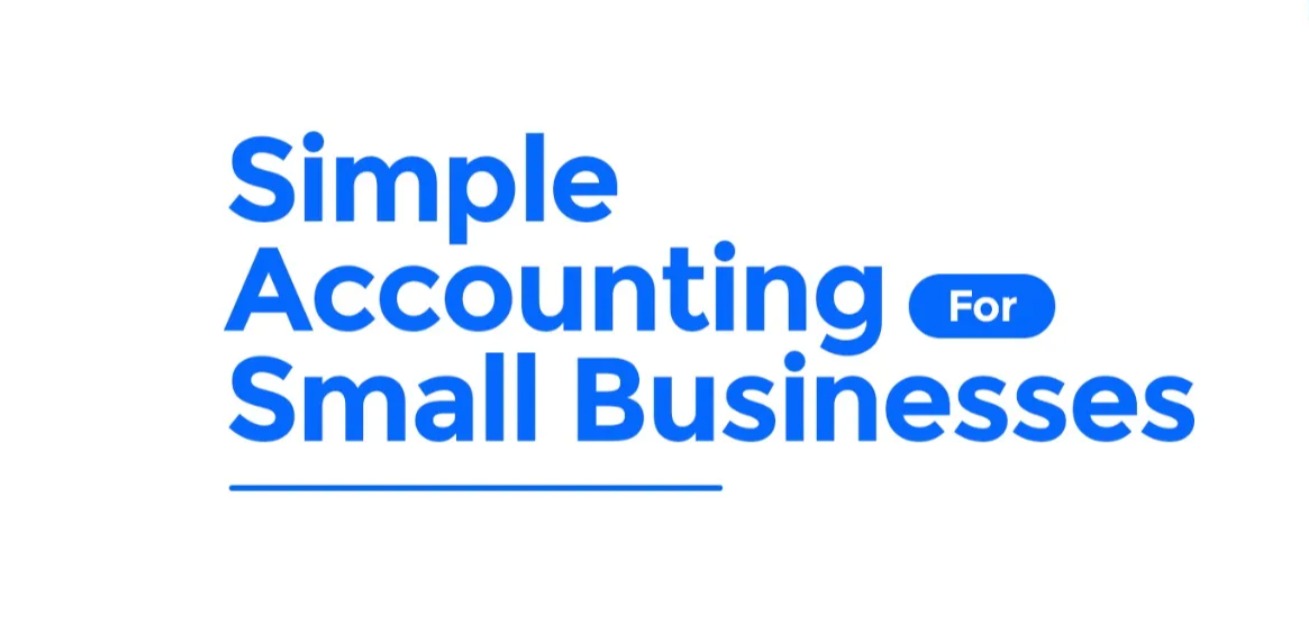Key Points:
- Marketing expert reveals 8 emerging job titles that reflect industry’s shift to AI integration, data-driven strategies, and specialized digital expertise
- New roles include Chief AI Marketing Officer, Growth Hacker, and SEO Data Scientist, each requiring unique skill combinations
- Expert explains how traditional marketers can adapt to these changes and position themselves for the future job market
The marketing profession is experiencing a fundamental transformation. As artificial intelligence reshapes customer engagement and data analytics becomes central to decision-making, traditional marketing roles are expanding into specialized positions that didn’t exist five years ago.
Jacob Kettner, founder of First Rank, a leading SEO and digital marketing company, has witnessed this transformation firsthand.
“The marketing professionals succeeding today are those who combine creative thinking with technical skills,” says Kettner. “We’re seeing entirely new job categories emerge as businesses recognize they need specialists, not generalists, to compete effectively.”
Below, Kettner identifies eight emerging roles that reflect how technology is reshaping marketing careers.
8 Emerging Marketing Roles Reshaping the Industry
1. Chief AI Marketing Officer
This executive-level position oversees the integration of artificial intelligence across all marketing functions. Chief AI Marketing Officers develop strategies for chatbots, predictive analytics, and automated content creation while ensuring AI initiatives align with brand values.
“Chief AI Marketing Officers are becoming a necessity as companies realize AI marks a complete shift in how we approach customer relationships,” says Kettner. “These executives need to understand both the technical capabilities and the strategic implications of AI integration.”
Required skills include understanding machine learning principles, data interpretation, and traditional marketing strategy. Tech companies, financial services, and e-commerce brands are actively hiring for these positions as they seek to automate customer acquisition and retention processes.
2. Growth Hacker
Growth Hackers focus exclusively on rapid, scalable customer acquisition through data-driven experimentation. Unlike traditional marketers who might run broad awareness campaigns, these professionals test dozens of micro-strategies to identify the most effective pathways to growth.
“Growth hacking represents a fundamental shift from intuition-based to evidence-based marketing,” explains Kettner. “These professionals need coding skills, statistical analysis capabilities, and creative problem-solving abilities.”
The role typically requires knowledge of A/B testing platforms, basic programming, and conversion optimization. Startups and SaaS companies particularly value this position for its focus on measurable results.
3. Community Strategist
Community Strategists build and nurture online brand communities across social platforms, forums, and proprietary applications. They create engagement strategies that turn customers into brand advocates while managing real-time conversations and crisis communications.
“Building a community isn’t about posting content and hoping people respond,” notes Kettner. “The best community strategists know how to start conversations that people actually want to join. They’re part therapist, part entertainer, part moderator.”
This role demands exceptional communication skills, social media expertise, and understanding of community psychology. Consumer brands, gaming companies, and lifestyle businesses are hiring Community Strategists to create authentic customer relationships in an increasingly crowded digital marketplace.
4. SEO Data Scientist
SEO Data Scientists combine search engine optimization with advanced analytics to predict ranking opportunities and algorithm changes. They analyze massive datasets to identify content gaps, technical issues, and emerging search trends.
“Most SEO specialists are still playing checkers while Google is playing chess,” explains Kettner. “Data scientists can spot patterns in ranking changes that reveal what Google’s algorithm actually cares about, sometimes weeks before everyone else catches on.”
Skills include proficiency in Python or R programming, statistical modeling, and traditional SEO knowledge. As search algorithms become more sophisticated, companies need professionals who can interpret complex ranking factors and predict future optimization opportunities.
5. Marketing Automation Architect
These specialists design and implement complex automated marketing workflows that guide prospects through personalized customer journeys. They connect various marketing technologies to create seamless experiences across email, social media, and website interactions.
“When someone visits your website at 2 AM and gets exactly the right follow-up email three days later, it’s not magic – that’s good automation architecture,,” says Kettner. “These people think in flowcharts and decision trees.”
Required expertise includes marketing automation platforms, customer relationship management systems, and workflow design. B2B companies and subscription-based businesses particularly value this role for its ability to nurture leads without constant manual intervention.
6. Voice Search Optimizer
Voice Search Optimizers adapt marketing strategies for voice-activated devices and conversational search queries. They optimize content for natural language patterns and develop strategies for smart speaker interactions.
“Nobody says ‘Italian restaurants near me’ to Alexa, they say ‘Where can I get good pasta tonight?’” notes Kettner. “Voice search optimizers have to think like people actually talk, which is messier and more natural than how we type.”
This emerging role requires understanding of conversational AI, local SEO expertise, and content strategy skills. Retail brands and local service businesses are hiring these specialists as voice search adoption accelerates.
7. Neuromarketing Specialist
Neuromarketing Specialists use brain science and behavioral psychology to optimize marketing messages and user experiences. They conduct studies measuring emotional responses to advertisements, websites, and product packaging.
“Focus groups lie, but brain scans don’t,” explains Kettner. “Someone might tell you they love your ad, but if their brain shows stress responses when they see it, you’ve got a problem. These specialists cut through the politeness to find real reactions.”
The position requires knowledge of consumer psychology, research methodologies, and data analysis. Large consumer goods companies and advertising agencies are investing in these roles to create more effective campaigns based on subconscious consumer responses.
8. Sustainability Marketing Manager
Sustainability Marketing Managers develop and communicate corporate environmental and social responsibility initiatives. They create campaigns highlighting sustainable practices while ensuring authenticity and avoiding greenwashing accusations.
“Consumers can smell greenwashing from a mile away,” says Kettner. “Sustainability Marketing Managers have to walk a tightrope: promote genuine environmental efforts without sounding like they’re patting themselves on the back for doing the bare minimum.”
Required skills include sustainability knowledge, stakeholder communication, and traditional marketing expertise. Companies across industries are hiring for these positions as consumer demand for responsible business practices increases.
“The common thread across all these roles is the combination of marketing fundamentals with specialized technical or analytical skills,” notes Kettner. “Success requires continuous learning and adaptation to new tools and platforms.”
Jacob Kettner, Founder of First Rank, commented:
“I’ve watched too many talented marketers get left behind because they thought this was just another trend that would pass. The harsh reality? Companies are hiring these specialized roles right now, and they’re not waiting for traditional marketers to catch up.
“The marketers who are winning today picked one area – maybe it’s AI, maybe it’s data analysis – and went deep instead of trying to be mediocre at everything. I tell people to stop panicking about learning every new tool and start mastering the fundamentals of whichever specialty excites them most.
“Here’s what nobody talks about: these roles pay significantly more because most people are too intimidated to apply. A Growth Hacker with six months of real experience can out-earn a traditional marketing manager with five years of experience. The learning curve is steep, but the financial rewards make it worth the effort.”
[Featured Image Credit]
![]()
The post 8 Emerging Job Titles Reshaping the Marketing Industry appeared first on Tech | Business | Economy.

.png) 19 hours ago
4
19 hours ago
4










.png)




 English (US) ·
English (US) ·